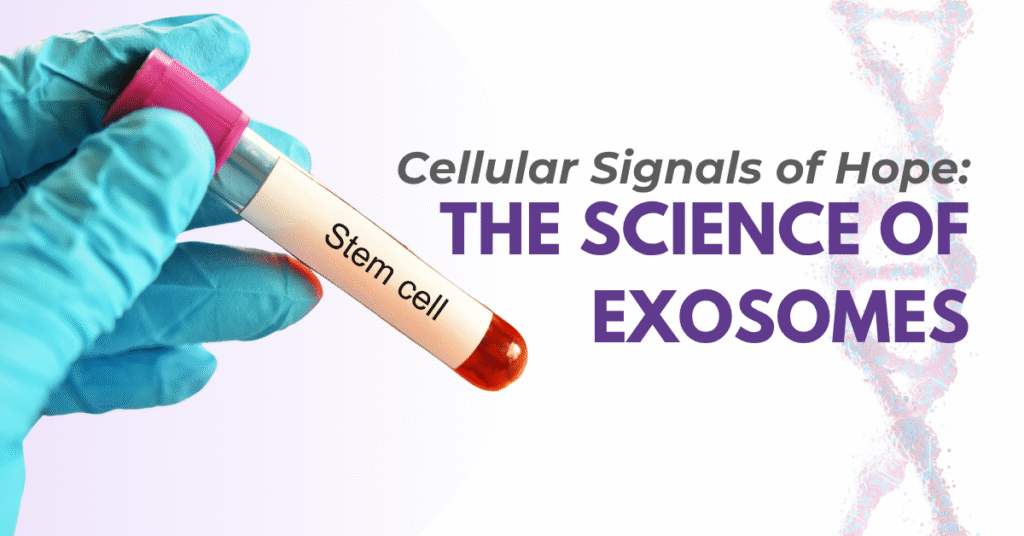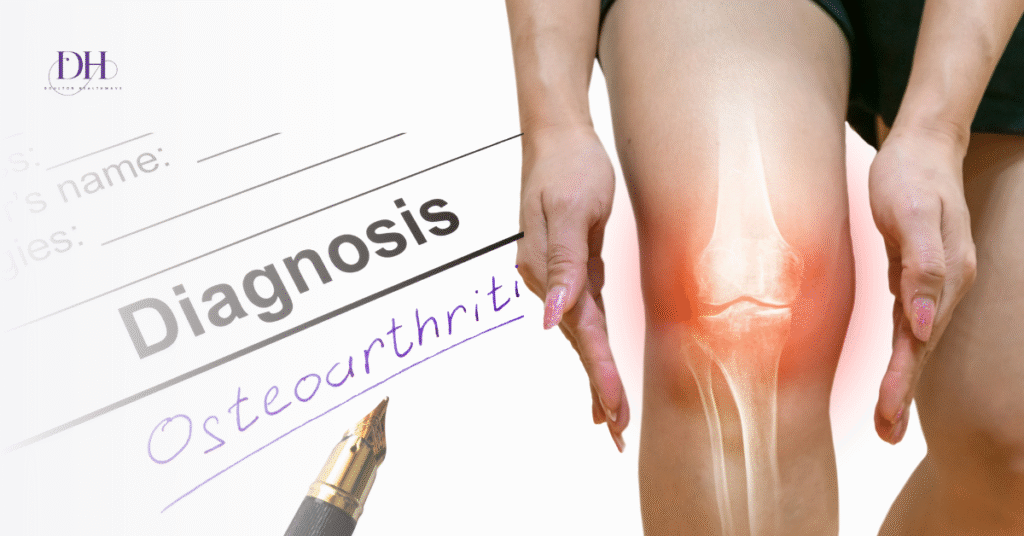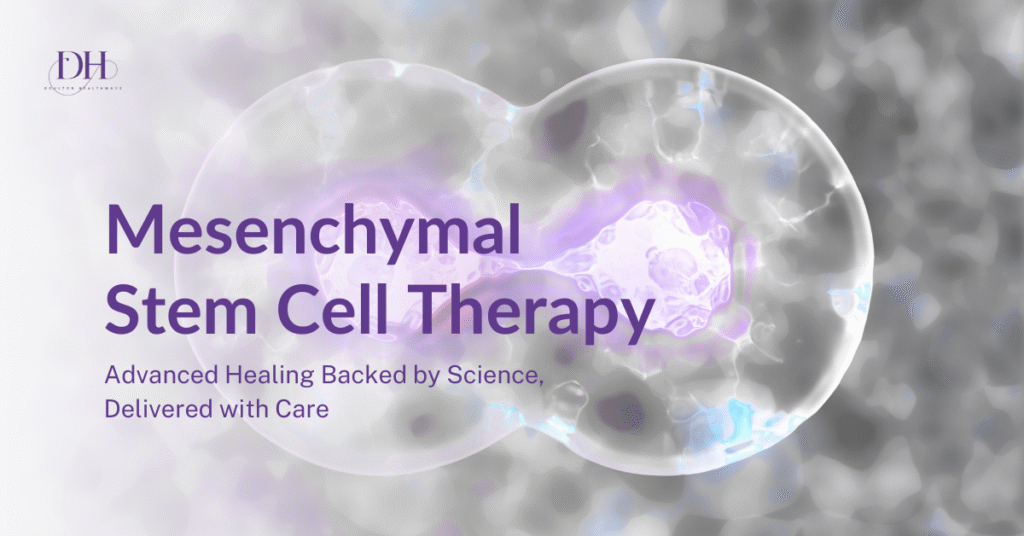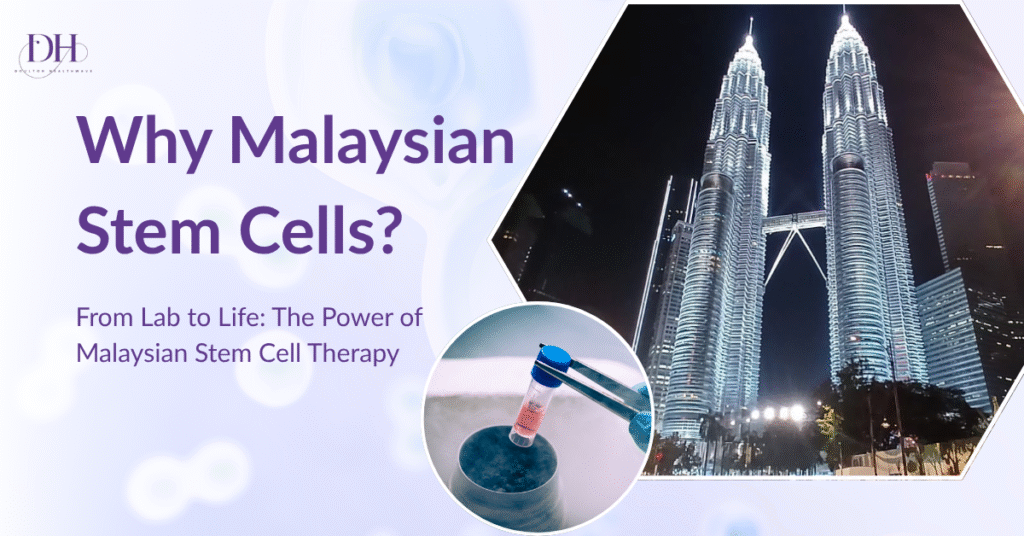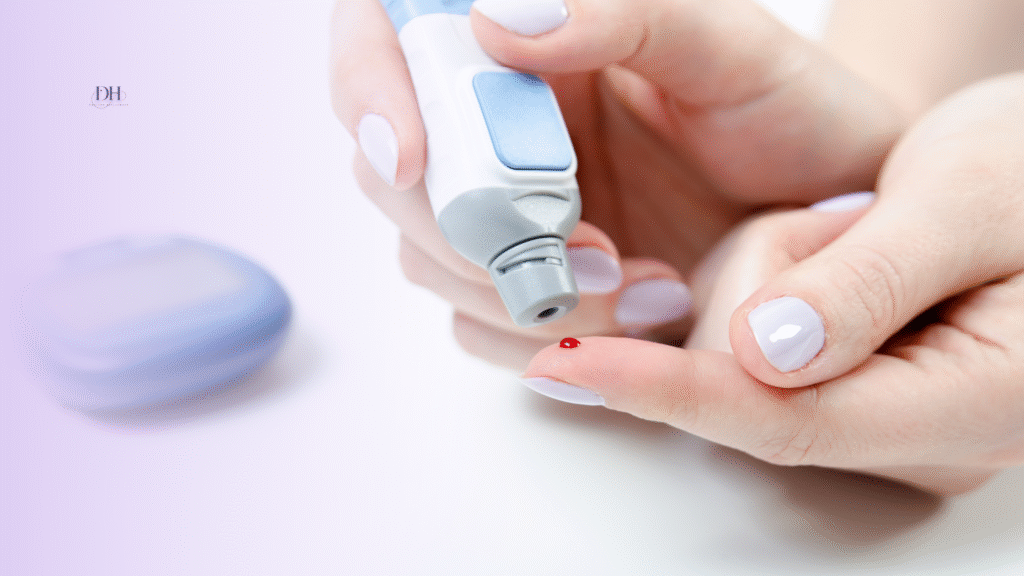
Stem Cells Are Changing Diabetes Forever
Diabetes doesn’t have to define your life. Today, regenerative medicine offers something new—hope rooted in science. Specifically, UC-MSC Therapy and Exosome Therapy are leading a quiet revolution for people living with diabetes. Unlike medications that simply manage blood sugar, these therapies target cellular regeneration and immune balance—two factors that directly influence diabetes progression.
In this article, we’ll explore the science, synergy, and real-world benefits of combining Umbilical Cord Mesenchymal Stem Cell (UC-MSC) Therapy with Exosome Therapy—and why using both is more powerful than choosing one alone.
The Growing Threat of Diabetes
Diabetes is no longer just a lifestyle disease—it’s a global epidemic. More than 500 million people worldwide live with it. In Southeast Asia alone, the numbers are rising dramatically.
The two main types:
- Type 1 Diabetes (T1DM): The immune system destroys insulin-producing beta cells in the pancreas.
- Type 2 Diabetes (T2DM): The body becomes insulin-resistant or doesn’t produce enough insulin.
Most treatments aim to control blood sugar, but not reverse the damage or stop the root causes—until now.
What Is UC-MSC Therapy?
UC-MSC Therapy uses stem cells harvested from the Wharton’s Jelly of donated umbilical cords—cells that are young, potent, and ethically sourced. These Mesenchymal Stem Cells (MSCs) are known for:
- Source: Derived from the Wharton’s Jelly of ethically donated umbilical cords—rich in young and potent stem cells.
- Function: These Mesenchymal Stem Cells (MSCs) regenerate tissue, including damaged pancreatic cells.
- Immune Balance: They help modulate the immune system and reduce chronic inflammation.
- Administration: Delivered via IV infusion—a safe, non-invasive outpatient procedure with zero downtime.
These MSCs are typically administered through IV infusion, a non-invasive outpatient procedure with no downtime.
What Are MSCs and Exosomes?
Exosomes are nano-sized vesicles (tiny messengers) secreted by MSCs. Think of them as the delivery drones of cellular healing. They carry: Therapy?
- Proteins: Carry enzymes and growth factors (e.g., VEGF, HGF) that repair tissues, promote blood vessel growth, and heal diabetes-damaged organs.
- RNA (microRNA & mRNA): Carries repair signals that reduce inflammation, boost insulin sensitivity, and balance glucose levels.
- Cytokines: Anti-inflammatory signals like IL-10 and TGF-β help reduce inflammation in Type 2 diabetes and calm autoimmune attacks in Type 1.
- Healing Instructions for Damaged Cells:
Exosomes act as messengers, delivering repair signals that help damaged cells regenerate, reduce stress, and restore function—especially in organs affected by diabetes.
Why UC-MSC Therapy Needs Exosomes—And Vice Versa
Many patients ask:
“Can I just use the exosome inhaler without doing stem cell therapy?”
While Exosomes offer incredible healing, their full power is unlocked when paired with UC-MSCs. Here’s why:
| UC-MSCs | Exosomes |
| Regenerate beta cells | Deliver regenerative signals |
| Modulate immune system | Reduce inflammation |
| Improve tissue oxygenation | Improve microvascular repair |
| Long-term cell communication | Fast-acting biochemical signals |
Without MSCs, Exosomes eventually lose their signaling origin, making long-term repair less sustainable.
How the Duo Supports Diabetic Healing
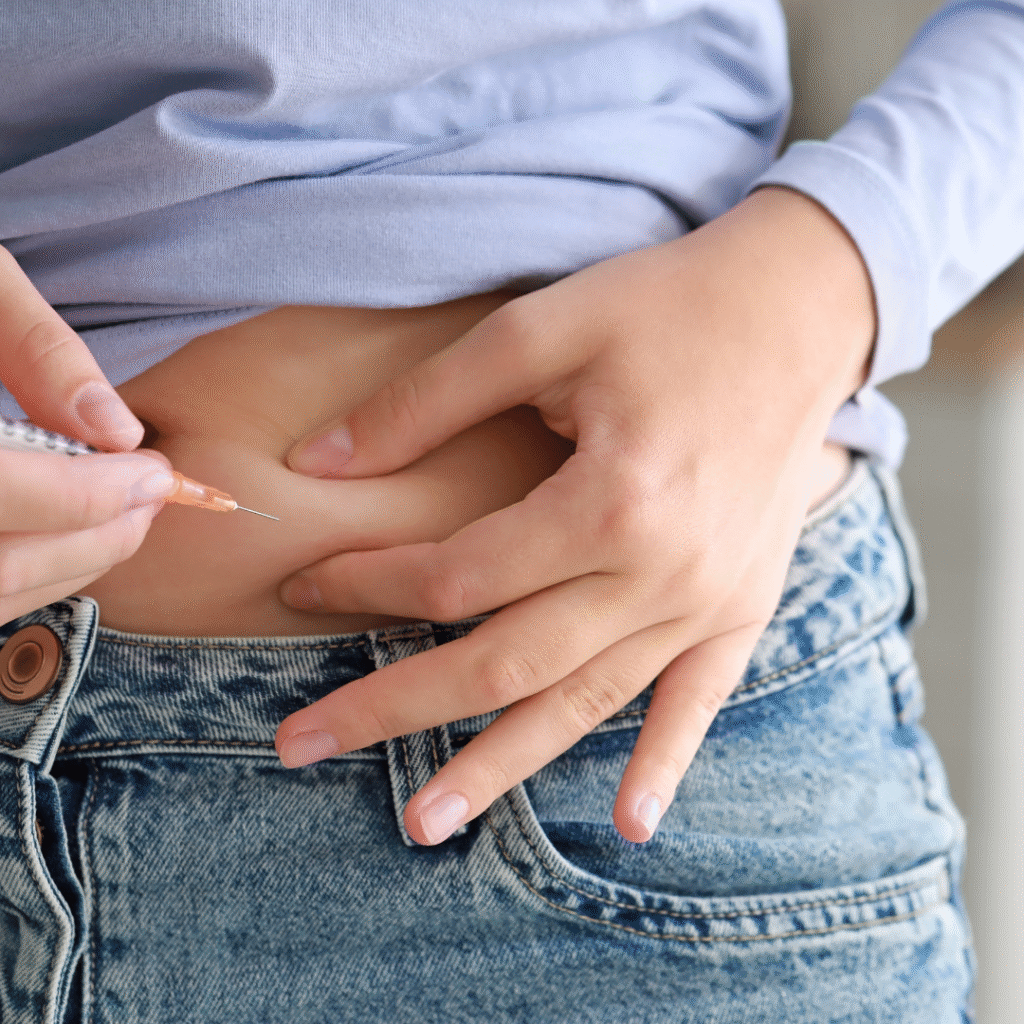
Restores Insulin Production
UC-MSCs can differentiate into insulin-producing beta-like cells, while Exosomes stimulate pancreatic regenerationat the cellular level.
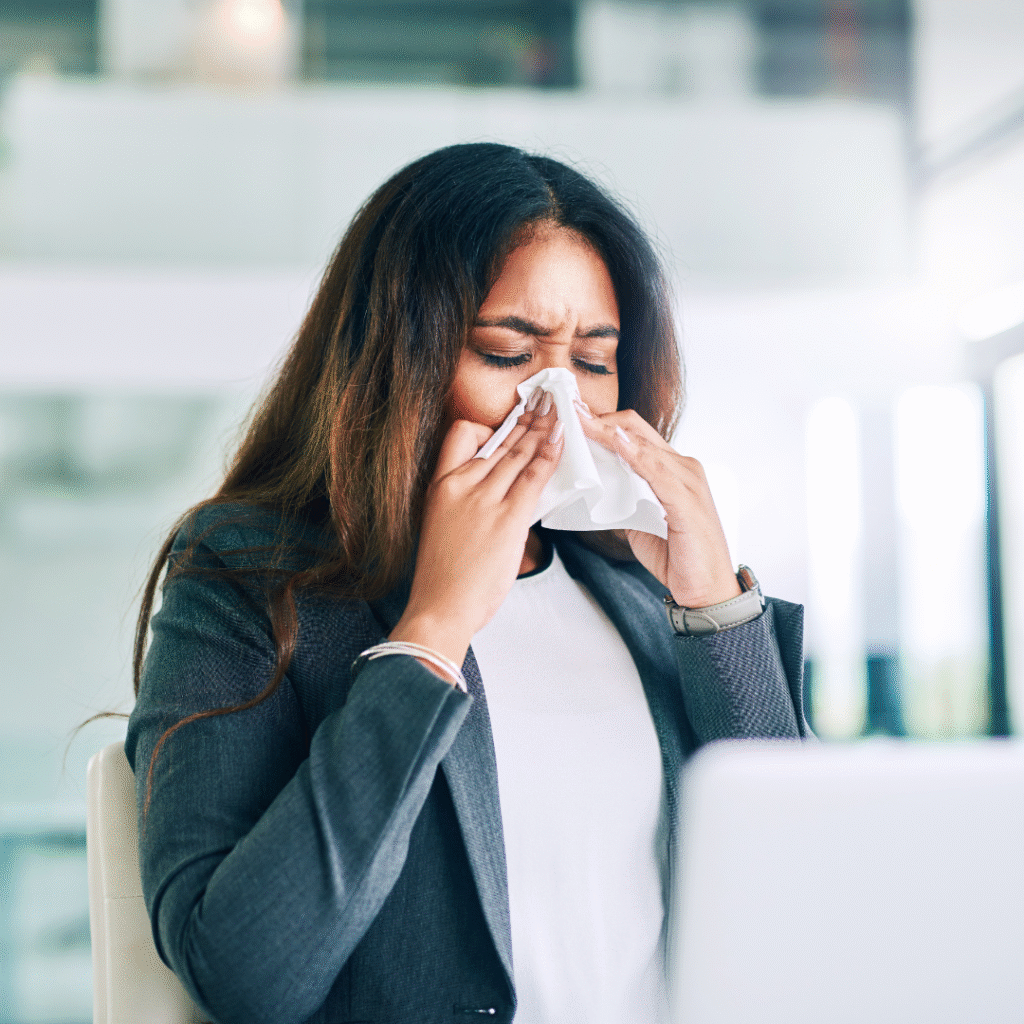
Rebalances the Immune System
T1DM is autoimmune. MSCs lower IL-6 and TNF-α, while Exosomes boost T-reg cells to regulate immunity.
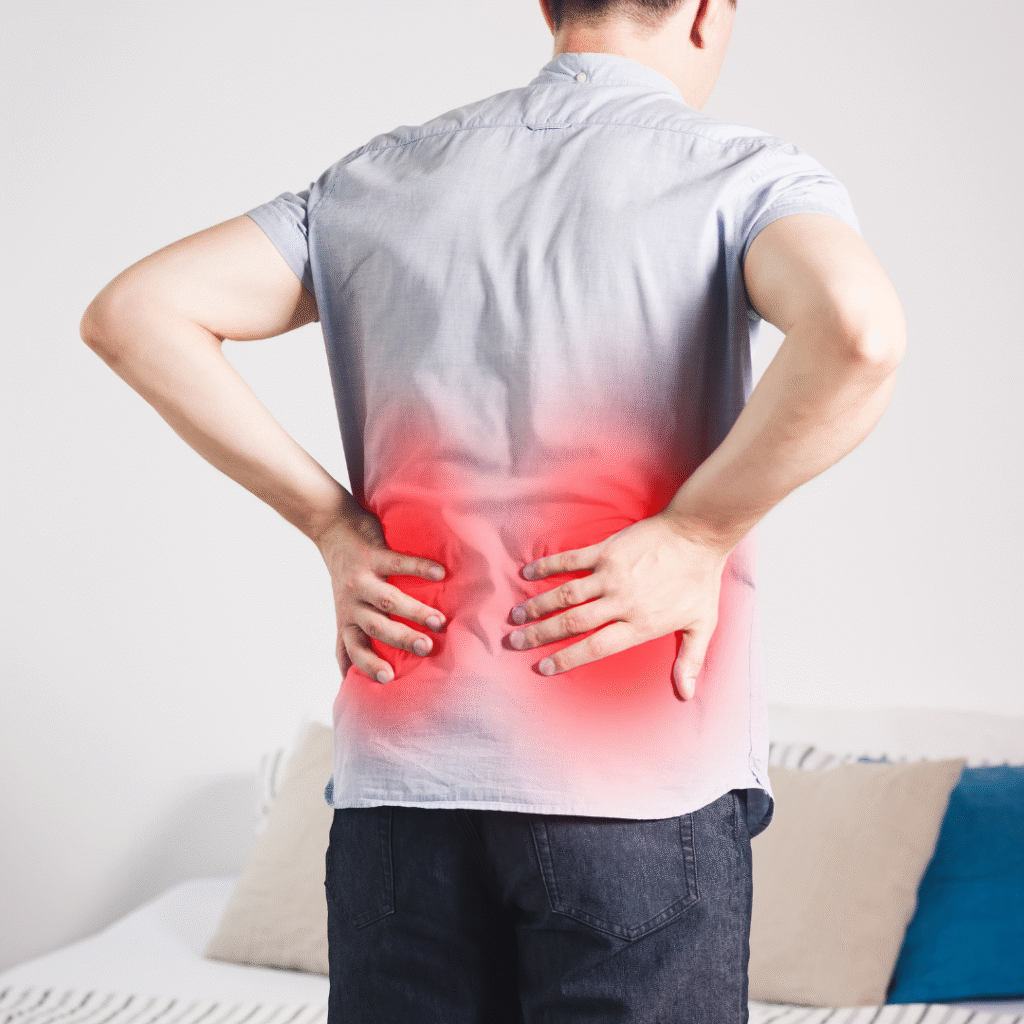
Reduces Inflammation
Chronic inflammation leads to insulin resistance. Both therapies reduce systemic inflammation and improve metabolic balance—critical in T2DM.
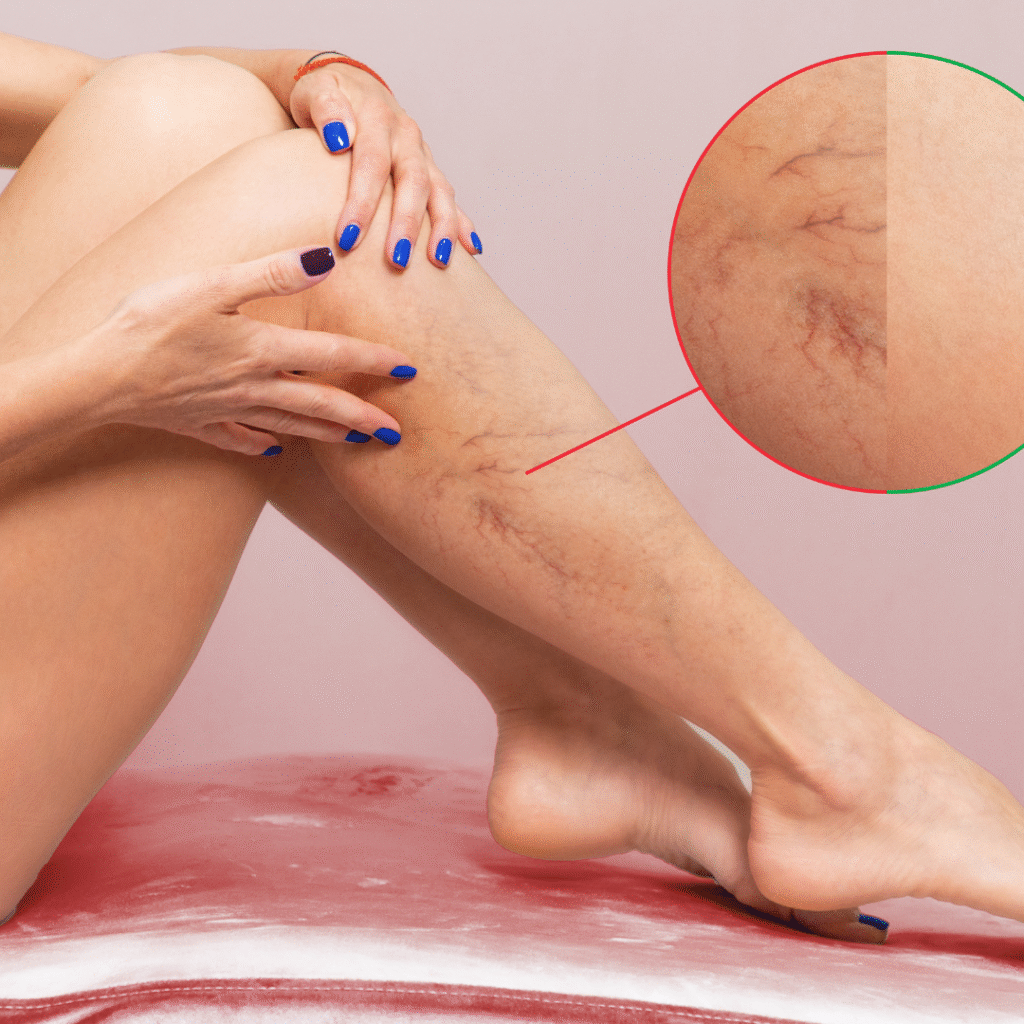
Improves Microvascular Health
Diabetes harms capillaries in the eyes, kidneys, and nerves. VEGF and HGF from MSCs and Exosomes boost blood vessel growth and repair tissue.
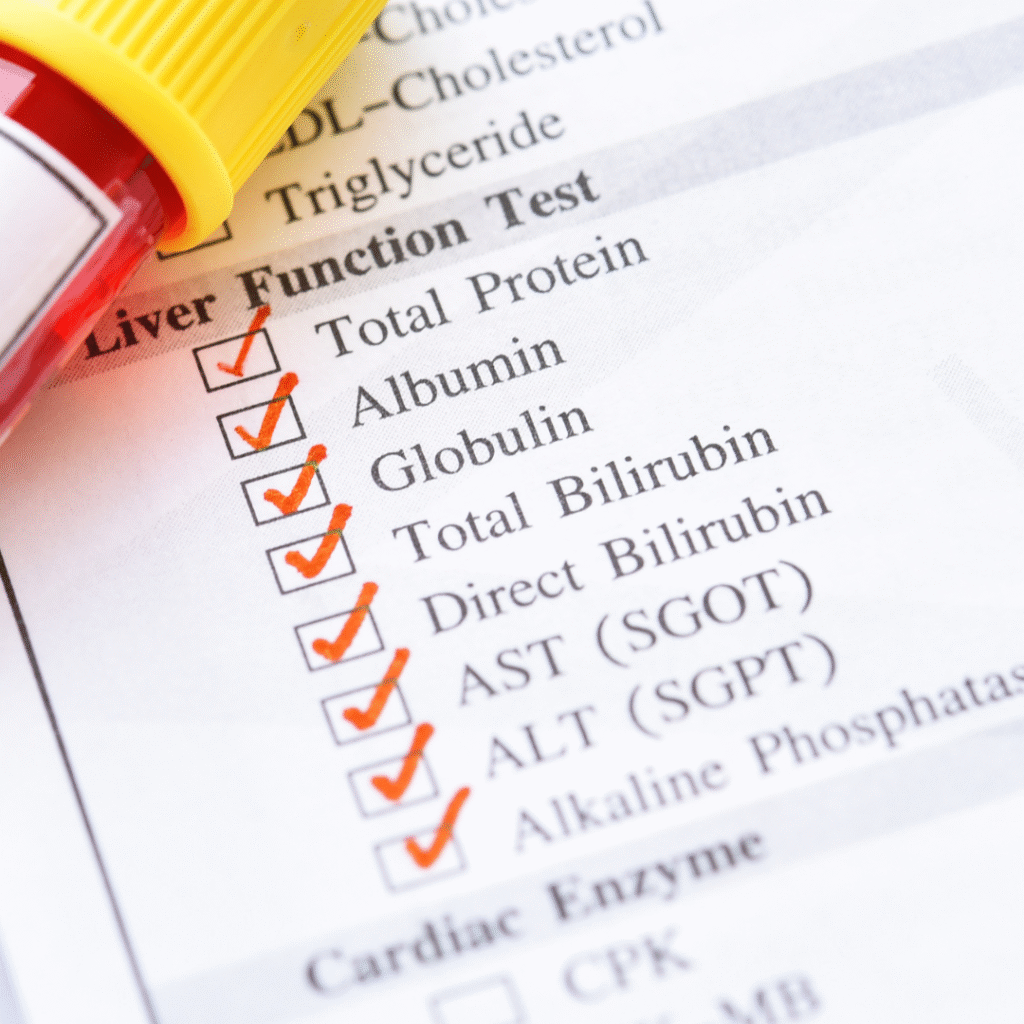
Enhances Organ Function
Diabetes harms kidneys, liver, and heart. This therapy aids repair, reduces fibrosis, and supports detox.
Clinical Research Backs It Up
Multiple international studies support the effectiveness of UC-MSC Therapy and Exosomes:
- Improved HbA1c and C-peptide levels within 3–6 months of therapy
- Up to 80% reduction in insulin dependency reported in select patients
- Faster wound healing and organ protection
- No tumor growth or immune rejection reported, ensuring safety.
- “Combined therapy led to better blood sugar control and immune balance than monotherapy.” — IJSCR, 2024
Why Choose Malaysia and Doulton Healthwave?
Malaysia is emerging as a global leader in medical tourism and regenerative medicine. Here’s why patients choose Doulton Healthwave:
- Ethically sourced Passage 2 UC-MSCs
- Exosomes tested and standardized per GMP
- FDA-compliant laboratory processes
- Concierge travel and post-treatment wellness plans
- Patient-centered care tailored to you, with multilingual support every step of the way.

